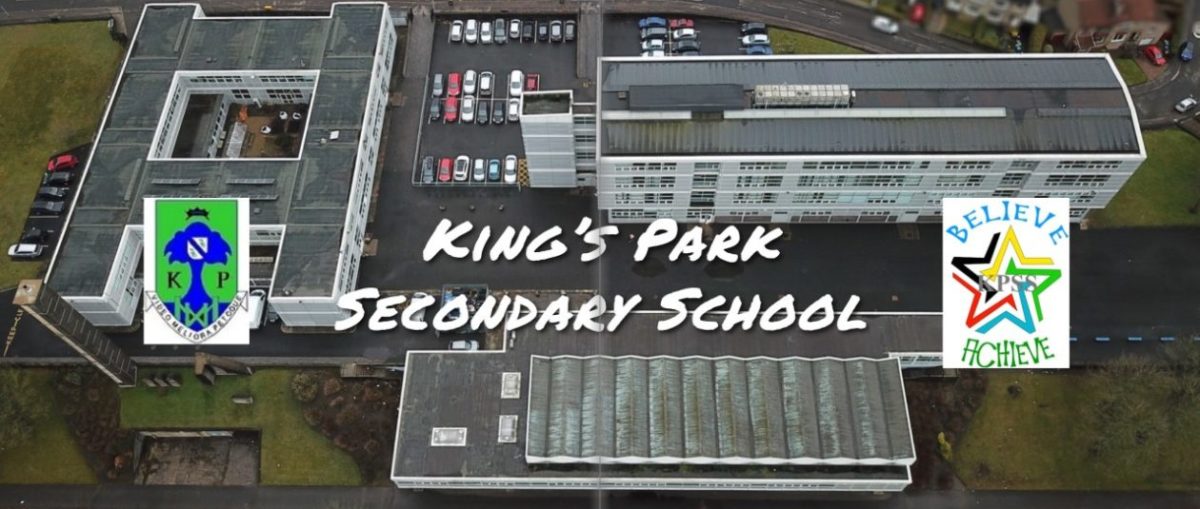National 4/National 5/Higher/Advanced Higher Music
In Music learners will develop performing skills in solo and/or group settings on their two chosen instruments or on one instrument and voice. Learners will be able to perform challenging music with sufficient accuracy whilst maintaining the musical flow. Pupils will have the opportunity to broaden their knowledge and understanding of music and musical literacy by listening to music and identifying a range of music signs, symbols and concepts, as well as creating original music using compositional methods and music technology. The skills developed in music, such as confidence in performing, critical reflection, evaluation and personal target setting, are transferable across the curriculum and essential for pupils’ lifelong learning.
Performing Skills
In this Unit, learners will develop their performing skills and technique on two instruments or one instrument and voice and prepare and perform a programme of music at an appropriate level:
National 4: 8 minute programme Grade 2 ABRSM or equivalent
National 5: 8 minute programme Grade 3 ABRSM or equivalent
Higher: 12 minute programme Grade 4 ABRSM or equivalent
Advanced Higher: 18 minute programme Grade 5 ABRSM or equivalent
Understanding Music
Pupils will have the opportunity to explore a wide range of musical styles and techniques from Renaissance to 21st Century music. They will analyse the impact of social and cultural influences on the development of specific music styles and identify level-specific music concepts.
Composing Skills
In this Unit, learners will experiment with, and use compositional methods and music concepts in creative ways to realise their intentions when creating original music. Learners will critically reflect on and evaluate the impact and effectiveness of their choices and decisions on their music. They will also analyse how musicians and composers create music in different ways and the influences on their music.
Assessment
The National 4 Music course is internally assessed, and evidence will be gathered from a wide range of medium including observation, video/audio recordings, assessor checklists and course work.
In National 5, Higher and Advanced Higher the performance element will be assessed by a visiting assessor and makes up 50% of the total mark. The understanding music element is assessed in the form of a question paper which will test the learner’s knowledge and understanding of music concepts and musical literacy, and makes up 35% of the total mark. In National 5 and Higher the composing element of the course is assessed in the form of a creative folio which is sent to SQA and makes up 15% of the total mark. In Advanced Higher the composing element of the course also includes a 600-800 word musical analysis of a piece of your choosing.
Progression
Future possible career paths include a range of opportunities within the creative industries and beyond such as; Musician, Music Therapist, Journalist, Stage Manager, Producer, DJ, Presenter, Primary and Secondary Teacher, Sound Technician and Public Relations.
NPA Music Performance
The NPA in Music Performing (SCQF level 6) will give you the opportunity to further develop your skills in the area of performing and the technical skills related to performing. This can be on any instrument and in any musical style or genre. There are no specific entry requirements but you should have performing skills broadly equivalent to SCQF level 4 to access the award.
You need to successfully complete three Units in order to achieve the award.
There are two mandatory Units (both at SCQF level 6).
Music: Live Performance
Performing Music on One Instrument or Voice
There are 4 optional Units from which you must choose one Unit.
Performing Music on One Instrument or Voice (SCQF level 5)
Creative Project
Music: Technical Support
Music: Promotion in the Music Industry
The NPA in Music Performing at SCQF level 6 will give you a platform which will allow you to progress into further education, this could include progressing on to a National Certificate or HNC programme, or help you to be better equipped to work in the music industry.
Sound Production Recording
The National Progression Award in Sound Production: Recording at SCQF Level 6 will allow you to develop practical skills in recording, from understanding the signal path to choosing and using the correct equipment and editing and mixing the final product.
The National Progression Award consists of two mandatory Units and one further Unit from a range of options which you need to successfully complete in order to gain the award.
There are two mandatory Units (both at SCQF level 6).
¨ Sound: Understanding the Signal Path
¨ Sound Engineering and Production
There are three optional Units from which you must choose one Unit.
¨ Sound: Music Remixing
¨ Creative Project
¨ Appreciation of Music
You will develop confidence in using equipment and software and be given opportunities to apply and develop your creative skills. You will also have the option to develop wider skills in a related area of the recorded music industry depending on your specific area of interest.
The NPA will also give you a platform which will allow you to progress into potential employment or further education; this could include progressing onto a National Certificate programme such as NC Sound Production or a related HNC/HND programme or degree.
There are no specific entry requirements for the National Progression Award in Sound Production: Recording at SCQF level 6, however, it would be beneficial if you had some previous experience of music and/or sound production either as an amateur, semi-professional or in a professional capacity. Though not essential it would be beneficial for you to have basic IT/computer experience.

